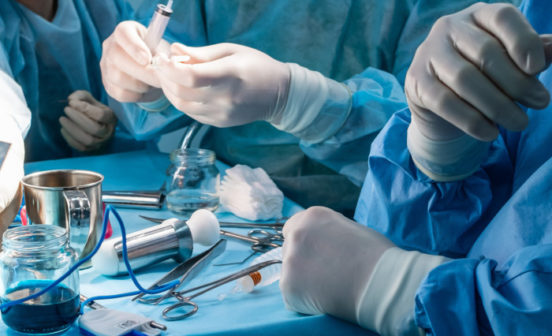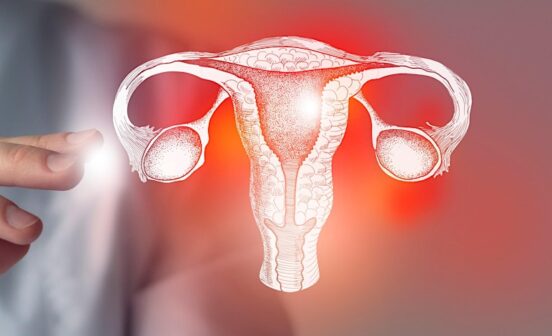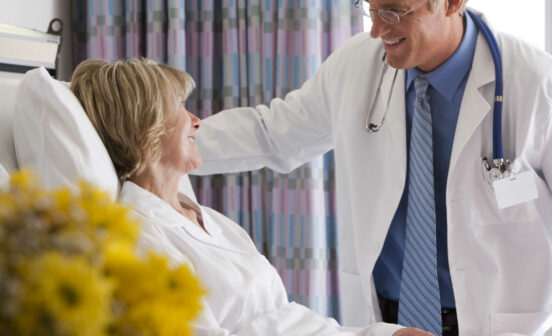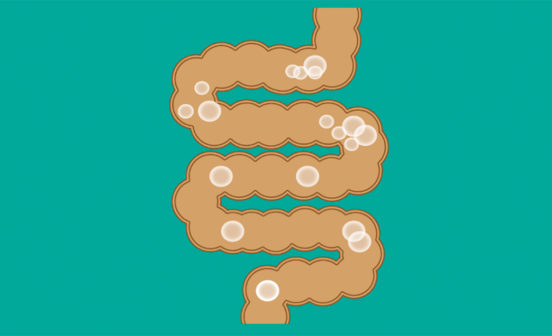InnovationTherapeutic Liver cancer research at Imperial: interview with Dr Rohini Sharma
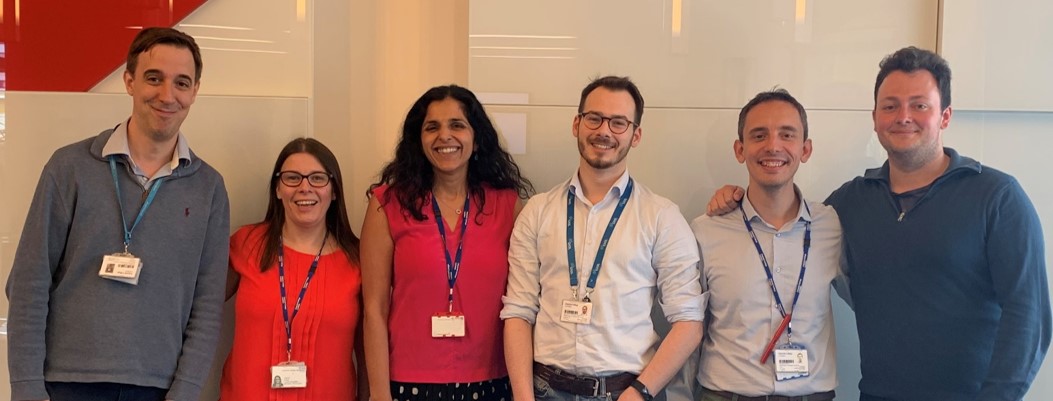
Hepatocellular carcinoma (also called hepatoma or HCC) is the most common type of primary liver cancer. In the UK, there are over 5,500 new cases diagnosed each year, which is around 16 patients each day. Worryingly, the incidence of HCC is dramatically increasing: up 150% since the 1990s and this relates in part to rising levels of obesity in our community.
Dr Rohini Sharma is the oncology lead for the specialist Liver Cancer Clinic (Hammersmith Hospital), a unique service where patients are jointly managed by a hepatologist, surgeon and medical oncologist with a view to improving clinical outcomes and promoting research. She also leads the Liver Cancer Study Group in Imperial College, investigating mechanisms underlying molecular progression of HCC with the aim of providing novel diagnostic and therapeutic strategies. Dr Sharma’s work spans the Cancer, Imaging and Gut Health BRC Themes, and we caught up with her to find out more about her research.
How did you become interested in your field of work?
I did my PhD at the Storr Liver Unit, University of Sydney, Australia researching drug metabolism and liver dysfunction in the presence of cancer. The unit focussed on early phase, translational studies, and it was in this setting that I really became interested in translational studies. I also learnt the value of biobanking clinical samples for future work. When I joined the [Imperial College Healthcare NHS] Trust, there was no HCC service, patients were managed in up to three different clinics, and the there was no research portfolio. These patients are unique as they have two life-limiting illnesses: cancer and the underlying liver disease; so it made sense that a multidisciplinary clinic was needed to give the best possible care to these patients. Working with Prof Khan, Hepatologist and Mr Pai, Hepato-biliary surgeon, we set up the Liver Cancer Service. In parallel, I set up an NIHR-badged biobank of clinical samples such that we now have the largest, annotated biobank in the UK. Working together across disciplines and with support from the NIHR Imperial BRC, we have built a strong research portfolio such that we are now one of the major research centres for HCC not only in the UK but globally.
What are the major current challenges in HCC management/treatment?
Historically there has not been much interest from oncologists in HCC, as up until 10 years ago there were no treatments available. Even now the best treatment for advanced disease only offers a 3-month improvement in overall survival, so there is a lot of work to do in understanding the disease process so we can develop more effective drugs. The other main issue is rising rates of obesity and fatty liver disease which affects 30% of the UK population. We have no idea how to determine who will get cancer, and there is a real need for a cost-effective screening tool to identify at risk individuals early on in the disease process.
Could you tell us about your research?
The primary focus of the group is to drive translationally-rich, early phase clinical trials of novel therapeutics that will have a positive impact on the clinical outcome of patients. Dr David Pinato (Senior Lecturer) is focussed on immunotherapy, in particular, profiling the tissue T cell response to therapy using paired biopsies from patients, as well as profiling stool in collaboration with the Imperial Phenome Centre and Gut Health BRC Theme. Dr Joanne Evans (RM Partners Fellow) is investigating the role of circulating tumour DNA as a response biomarker to treatment in HCC. Tim Hoogenboom is investigating novel ultrasound techniques to visualise the vasculature in the premalignant state and in HCC. This work involves mathematical and computational modelling techniques supported by an ITMAT grant from the BRC. We are also conducting a large study supported by the Imperial Phenome Centre profiling blood samples from patients with HCC on a background of fatty liver with matched controls to try and identify a simple blood-based screening tool that could be used to identify patients at high risk of developing HCC.
What are you proudest of in your research or career so far?
I am mostly proud of having brought together cross-disciplinary expertise in creating a state-of-the-art clinical service with an ever expanding research portfolio. Where previously Imperial was unknown in HCC, we now collaborate globally and have become key opinion leaders in the field. I am also really proud of the achievements of my students, and the clinical fellows, most of whom have stayed engaged with research and have gone on to creating their own research teams. I am committed to supporting clinical academics, providing them with an enjoyable and intellectually challenging environment, and it is great to hear that they feel that their time in the Liver Cancer Group gave them the confidence and experience to become leaders in their respective fields.
What is the biggest challenge you faced in your career?
When I was first appointed, my grant only covered my salary, so effectively I had 5 years to prove I could be a clinical academic but without any money to actually do any research! I was lucky enough to have my first early phase clinical trial supported by the NIHR Imperial Clinical Research Facility which then allowed me to attract further funding from external sources. BRC seed funding allowed me to generate pilot data that has been instrumental in attracting larger grants.
What are you most excited about as a researcher?
To me, being a clinical academic means never having fully achieved all your aims and constantly thinking about ways to improve patient care. Imperial is a wonderful place to work and I am always excited to meet new colleagues and share new ideas, all with the same goal of having a positive impact on clinical care. I am very privileged to be able to work in a research environment where I think we can achieve this.
Image: Dr Sharma’s research group, © Imperial College London


